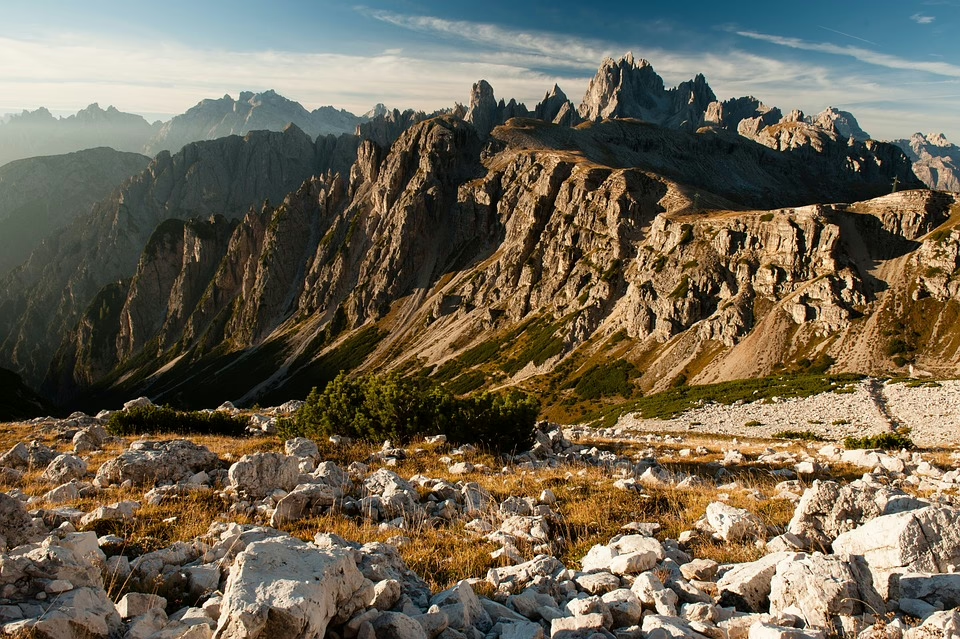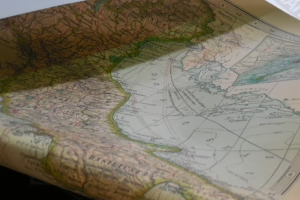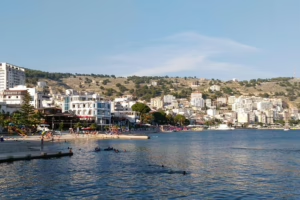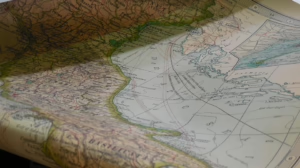Legacy of the Ancients: How [Country]’s Historical Heritage Endures Today
Introduction
The rich historical tapestry of [Country] extends back thousands of years, weaving together a legacy that continues to influence its culture, architecture, and societal norms. The heritage of this ancient land is not merely a relic of the past; it resonates through contemporary life, providing insights into identity, tradition, and community. This article explores the enduring legacy of the ancients in [Country], illustrating how historical influences manifest in modern society, art, architecture, and social constructs.
The Ancient Foundations
Early Civilizations
The history of [Country] is marked by formidable civilizations that have set the stage for its cultural narrative. From the early settlements along major rivers to organized communities that built monumental structures, these civilizations laid down the foundations of [Country’s] identity. Archaeological finds indicate a rich array of societal structures, trade networks, and cultural practices that contribute to [Country]’s ancient heritage.
Language and Literature
The languages spoken in [Country] today often have roots tracing back to ancient dialects. The literary works from ancient times, whether in poetry, philosophy, or historical accounts, continue to influence contemporary literature, education, and thought. The value placed on oral tradition and storytelling has created a strong link between generations, preserving [Country]’s narratives and folklore.
Architectural Influences
Ancient Monuments and Structures
Many of [Country]’s ancient monuments stand as testaments to the engineering capabilities and artistic vision of ancient peoples. These structures, often serving religious or governmental purposes, attract millions of tourists each year and are a source of national pride. Their architectural styles can be seen echoed in modern buildings, showcasing a blend of tradition and innovation.
Preservation Efforts
Preservation of historical sites is crucial in maintaining [Country]’s identity. Various organizations and government initiatives work to safeguard these ancient structures. By investing in restoration projects, [Country] ensures that future generations can experience and learn from their historical roots, fostering a sense of continuity between the past and the present.
Cultural Practices
Festivals and Traditions
Many festivals celebrated in [Country] today have roots in ancient religious and agricultural practices. These events, deeply embedded in cultural consciousness, are vital for community cohesion and provide a platform for cultural expression. By participating in these festivities, citizens connect with their ancestry, keeping traditions alive in a rapidly changing world.
Culinary Heritage
Cuisine is a profound expression of cultural heritage. The foods enjoyed by citizens of [Country] today often trace their origins to ancient recipes and cooking methods. Culinary practices reflect not only the agricultural landscape of [Country] but also the influence of trade and contact with other cultures throughout history.
Contemporary Society
Integration of Historical Values
As [Country] navigates modernity, there is a strong inclination to integrate the values derived from its ancient heritage into contemporary societal practices. Concepts such as honor, community bonding, and respect for elders are manifestations of ancient philosophies that continue to permeate daily life. These values are often echoed in the nation’s laws, social practices, and educational systems.
Education and Historical Consciousness
In schools across [Country], the history curriculum is often enriched with lessons stemming from ancient civilizations. Educators utilize ancient texts, historical artifacts, and archaeological findings to inspire a sense of pride and responsibility in young learners. This approach not only fosters historical consciousness but also promotes critical thinking about the dialogue between past and present.
Global Influence
Cultural Exchange
[C]ountry]’s ancient heritage has made a significant impact on global culture. As ideas, art forms, and philosophies travel across borders, [Country] has both influenced and been influenced by other cultures. This exchange has enriched global dialogue while affirming [Country]’s unique cultural footprint.Tourism and Heritage
Tourism driven by an interest in [Country]’s ancient sites has become a vital part of the economy. The heritage tourism sector not only generates revenue but also fosters international understanding and appreciation. Tour operators and local communities work together to present [Country]’s history in ways that are respectful and educational.
Conclusion
The legacy of the ancients in [Country] is far more than an echo of historical facts; it is a living, evolving narrative that shapes the culture and society of today. From the monuments that pierce the skyline to the festivals that unite communities, the influence of the past remains woven into the fabric of modern life. As [Country] continues to grow and adapt in an increasingly globalized world, the connection to its historical heritage will guide its future trajectory, allowing for a harmonious blend of tradition and progress.
References
- [Modern citation about the early civilizations of the region]
- [Modern citation on architectural styles influenced by ancient designs]
- [Modern citation about the significance of festivals and traditions]
- [Modern citation regarding culinary heritage]
- [Modern citation focused on the integration of historical values in contemporary society]
- [Modern citation covering the impact of heritage tourism on the economy]
Through detailed discussions and inquiries, each segment of this article delves into the layers of [Country]’s legacy, ensuring a nuanced understanding of how the echoes of ancient voices shape present realities. By examining terms of trade, societal norms, and even the culinary delights that stem from historical origins, we can appreciate the living legacy that continues to guide and inspire the people of [Country]. In doing so, we honor not only the past but also the pathways it carves for future generations as they navigate their own intersection with history.


























Add Comment